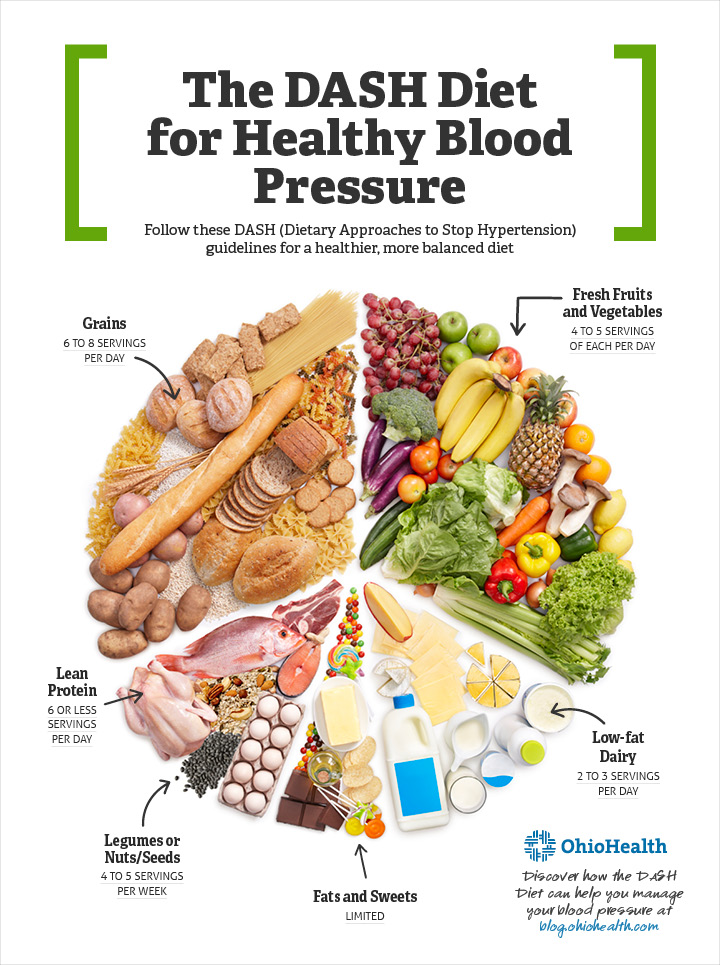**Introduction**
Hypertension, commonly known as high blood pressure, affects millions of people worldwide and is a significant risk factor for cardiovascular diseases. While medication can be effective in managing hypertension, lifestyle modifications such as diet play a crucial role in its prevention and treatment. One dietary approach that has gained considerable attention for its ability to lower blood pressure is the DASH diet, which stands for Dietary Approaches to Stop Hypertension.
**Understanding the DASH Diet**
The DASH diet was developed through research sponsored by the National Heart, Lung, and Blood Institute (NHLBI) to identify dietary patterns that could effectively reduce blood pressure. Its core principles revolve around increasing the consumption of fruits, vegetables, whole grains, lean proteins, and low-fat dairy products while limiting sodium intake. By emphasizing nutrient-rich foods, the DASH diet provides a comprehensive approach to improving overall health beyond just managing blood pressure.
| Food Group | Daily Servings for 2,000 Calorie Diet |
|———————-|—————————————-|
| Grains | 6-8 servings |
| Vegetables | 4-5 servings |
| Fruits | 4-5 servings |
| Dairy (low-fat) | 2-3 servings |
| Lean Protein Sources | 6 or fewer servings |
| Nuts, Seeds, Legumes| 4-5 servings per week |
| Fats and Oils | Limited to 2-3 servings |
| Sweets | Limited to 5 or fewer servings per week|
**The Science Behind DASH**
Numerous studies have demonstrated the effectiveness of the DASH diet in lowering blood pressure. Research indicates that its emphasis on potassium, magnesium, calcium, and fiber-rich foods, along with the reduction of sodium intake, contributes to its positive effects on cardiovascular health. In a landmark study published in the New England Journal of Medicine, researchers found that participants following the DASH diet experienced significant reductions in blood pressure compared to those on a typical American diet or a control diet high in fruits and vegetables but not specifically designed to lower blood pressure.
*”The DASH diet is not just about reducing sodium intake; it’s about incorporating a wide variety of nutrient-dense foods that work synergistically to promote heart health.”* – Dr. Michelle Johnson, Cardiologist
**Implementing the DASH Diet**
Transitioning to a DASH-friendly eating pattern can be achieved through practical strategies such as meal planning, reading food labels, and gradually reducing sodium intake. Here’s a sample meal plan for a day:
| Meal | Foods |
|——————-|———————————————|
| Breakfast | Oatmeal topped with berries and nuts, low-fat yogurt |
| Lunch | Grilled chicken salad with mixed greens, tomatoes, and vinaigrette |
| Snack | Carrot sticks with hummus |
| Dinner | Baked salmon with quinoa and steamed broccoli |
**DASH Diet and Health Outcomes**
In addition to lowering blood pressure, research suggests that the DASH diet may have other health benefits, including improved cholesterol levels, reduced risk of stroke, and better weight management. Its emphasis on whole, nutrient-dense foods makes it suitable for individuals with various health conditions, including diabetes and metabolic syndrome.
**DASH Diet in Practice**
Many individuals have successfully adopted the DASH diet and experienced positive outcomes in managing their blood pressure and overall health. By working closely with healthcare professionals and making gradual lifestyle changes, individuals can achieve long-term success with the DASH diet.
**Conclusion**
The DASH diet offers a scientifically validated approach to lowering blood pressure and improving overall cardiovascular health. By emphasizing a balanced intake of nutrient-rich foods and reducing sodium consumption, individuals can take proactive steps towards better health and well-being. Embracing the principles of the DASH diet can be a transformative journey towards a healthier lifestyle and a reduced risk of hypertension-related complications.
